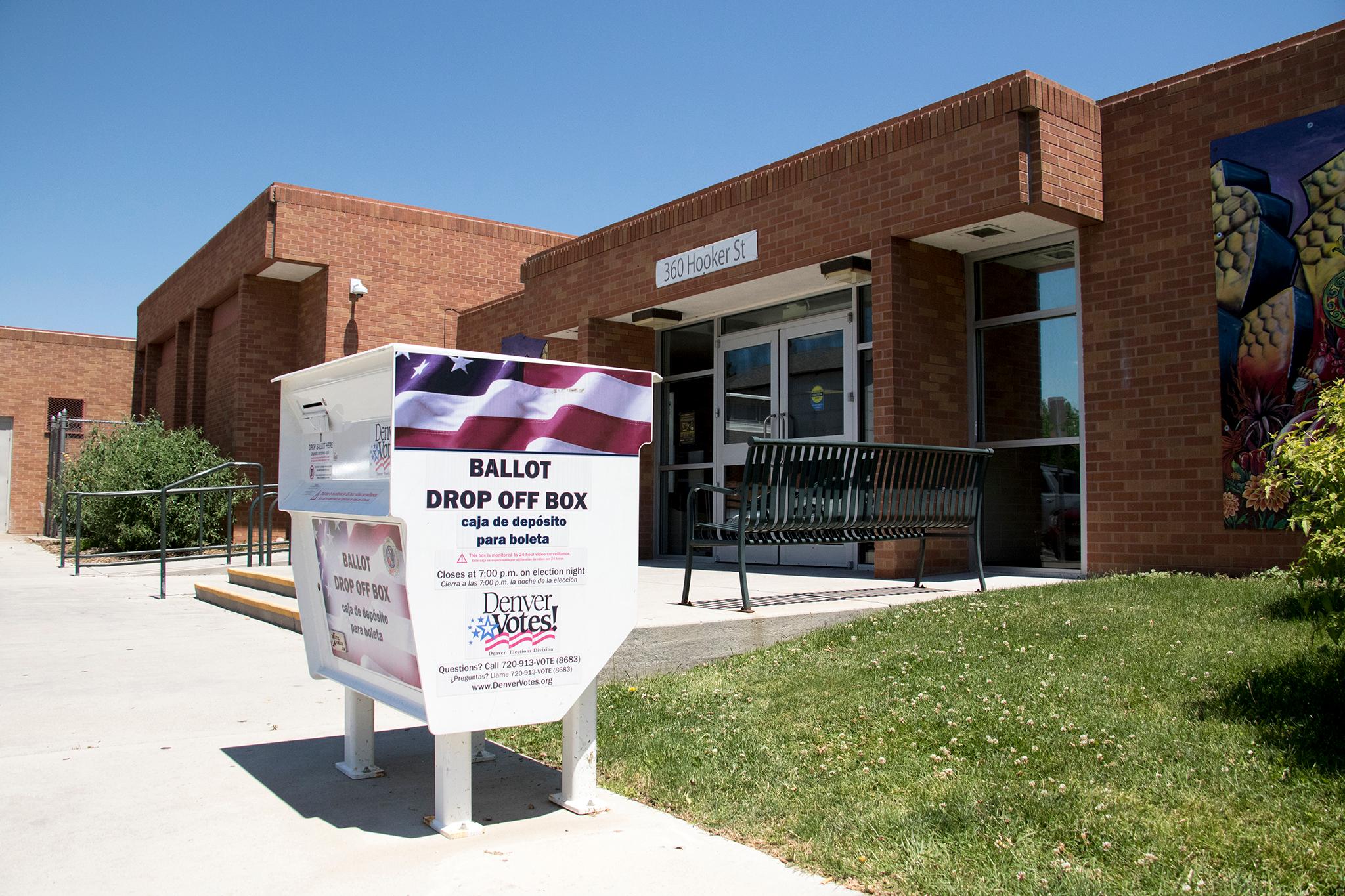Denver voters will get a chance this fall to decide whether or not candidates can get public money after the Denver City Council formally approved a ballot initiative for the November election.
The proposal in voters' hands would provide matching city funds for donations collected by candidates, with a cap of $50 for participating candidates. Proponents see it as a way of encouraging more citizens to participate in the financial side of campaign elections. The idea was initially proposed as a petitioning ballot initiative (Monday's decision refers the measure to the ballot).
If passed by voters, the program would take effect on Jan. 1, 2020.
Primary sponsor Councilman Kevin Flynn — who doesn’t support public financing in elections — said the program would match contributions by a 9-to-1 ratio. So a $50 donation to a candidate would be matched by $450 from the city. There would also be caps in place for total amounts for candidates running in various offices, including mayor, city council, clerk and recorder and judge or auditor.
“I think it’s a good program,” Flynn said, adding that even if he’s voting no, he wants residents to get a chance to vote on something that can be done right. “I’ll make it work if voters say 'yes.'”
Flynn said they will have an opportunity next year to revisit the ordinance if it passes and work out kinks if necessary. There were changes and provisions added from the original proposed ordinance, including adding clauses that ensured unused funds collected through this program would be returned to the city.
The program also bans corporations, LLCs, labor organizations and other groups from making campaign contributions to candidates.
During a discussion on the bill at the Finance and Government Committee meeting August 14, Flynn thanked the group Democracy for the People for coming to the table to retool the proposal. Among the organization’s representatives attending the committee meeting was Owen Perkins.
“There’s so many issues that are affected by campaign finance reform and you’re taking that on,” Perkins said during the meeting.
Perkins said in an email blast on behalf of The Democracy for The People Campaign on Monday that the measure passed by the city sticks to the core components of their original initiative, including a ban on direct corporate contributions to campaign and lowering the "relatively high campaign contribution limits in Denver" to be more on par with the state levels.
"There may never have been a time as ripe with corruption as we're seeing on the national level, but we've never had as good an opportunity to take on the status quo system that favors the influence of big money in politics with meaningful change to empower small-dollar donors and regular voters -- people, not money!" Perkins said in the email blast.
Flynn said the entire reworking process was “collaborative.”
“I want to give a ton of credit to Owen and the petitioners, who include, by the way, two candidates for council,” Flynn said.
Former Denver councilwoman-at-large Susan Barnes-Gelt said she doesn’t support public financing in elections and wants a deeper look at spending. When Colorado passed laws severely limiting campaign contributions a few years ago, she said it opened the floodgates for “dark money” and committees pouring money into a campaign.
“The issue with campaign finance is disclosure and immediate disclosure,” Barnes-Gelt said. “I think the limits are much less important than transparency.”
One reason she doesn’t support public money: She believes a candidate’s ability to raise money is a good measuring stick for their potential, though she also doesn’t think every candidate needs thousands of dollars to be viable.
“The ability to raise money in the local level reflects your ability to appeal to a range of voters,” Barnes-Gelt said.
What's next?
The ballot measure will be certified next month to ensure it's on the November ballot. This year's General Election takes place Tuesday, Nov. 6.














